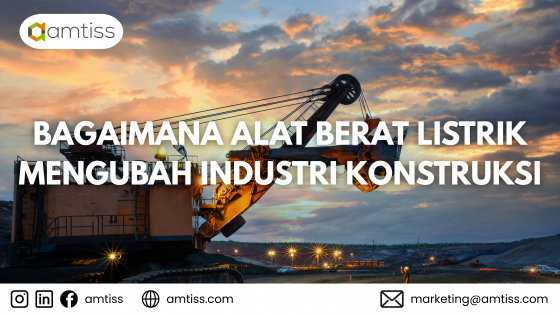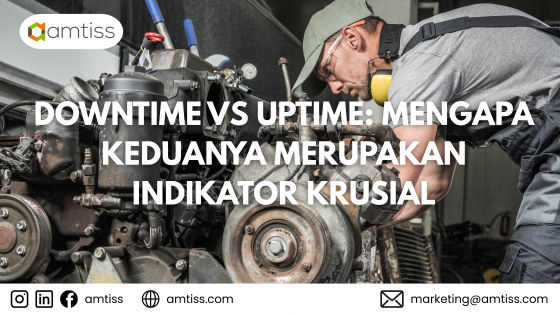Heavy machinery is an expensive piece of equipment that needs a lot of attention to help them working at an optimum level of performance.
Having a damaged equipment cost a fortune for the company to fix includes the loss of production time which is even a bigger loss.
Here are some tips to help you improve asset lifetime and prevent them from major breakdowns.
1. Know the Limit
Equipment also has work load capacity & stress level, having this information would help you prevent them from getting overworked. The operator’s manual is the best place to start to get the right information about the load capacity, next would be the regular checkup on your equipment and capture its actual condition.
2. Equip with Knowledge
Your asset operators are doing his job to make sure they catch up with the production meter, they might overlook some condition of the equipment which can cause a serious outcome.
Having a technical specialist to inspect your equipment is the best way to protect your asset although it might come at an expensive cost, but providing them with enough information about your equipment without their physical presence is a good option financial and technical wise.
3. Use it wisely
Different projects, locations, terrains might require a different kind of tools, but most project manager tends to skip some certain rules to get the job done.
Using a wrong equipment not only put your worker at risk but also might cost you unpredicted expenses includes getting your asset exhausted. Make sure your inspection team has the information to evaluate all your projects.
4. The Right Pit
Keeping your equipment at docks for a checkup is the best method to keep it up and running, make a regular schedule and replace exhausted component before it damages any other parts.
How you store them after work is also important, checking the environment of its whereabout when is not operating most of the time is getting overlooked.
5. Keep the history
Information is power. Knowing your equipment historical record is important to keep it healthy and also a good way to decide on future investment in certain equipment or a certain project.
History record is also a place to analyze performance and might open doors for efficiency and transparency, not only help your equipment but also a major way to reduce your operation & maintenance expenses.




